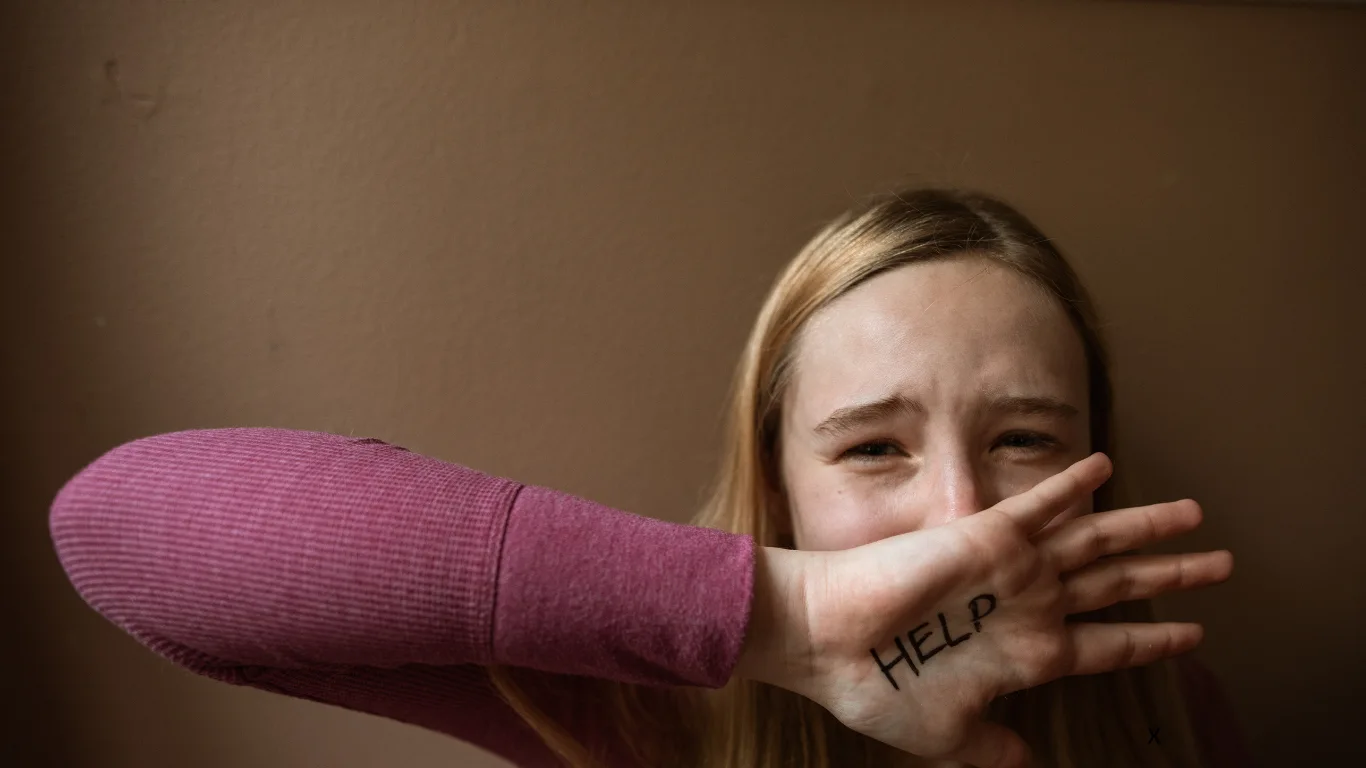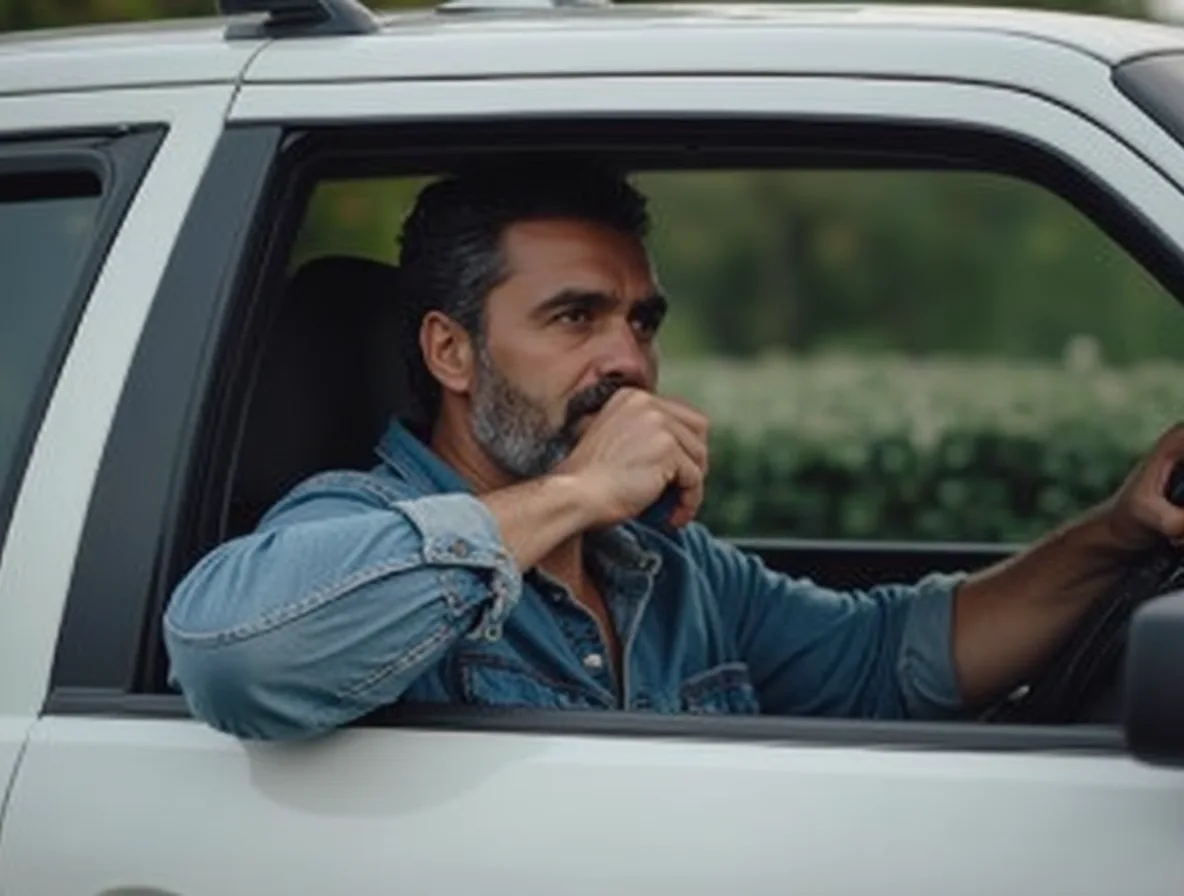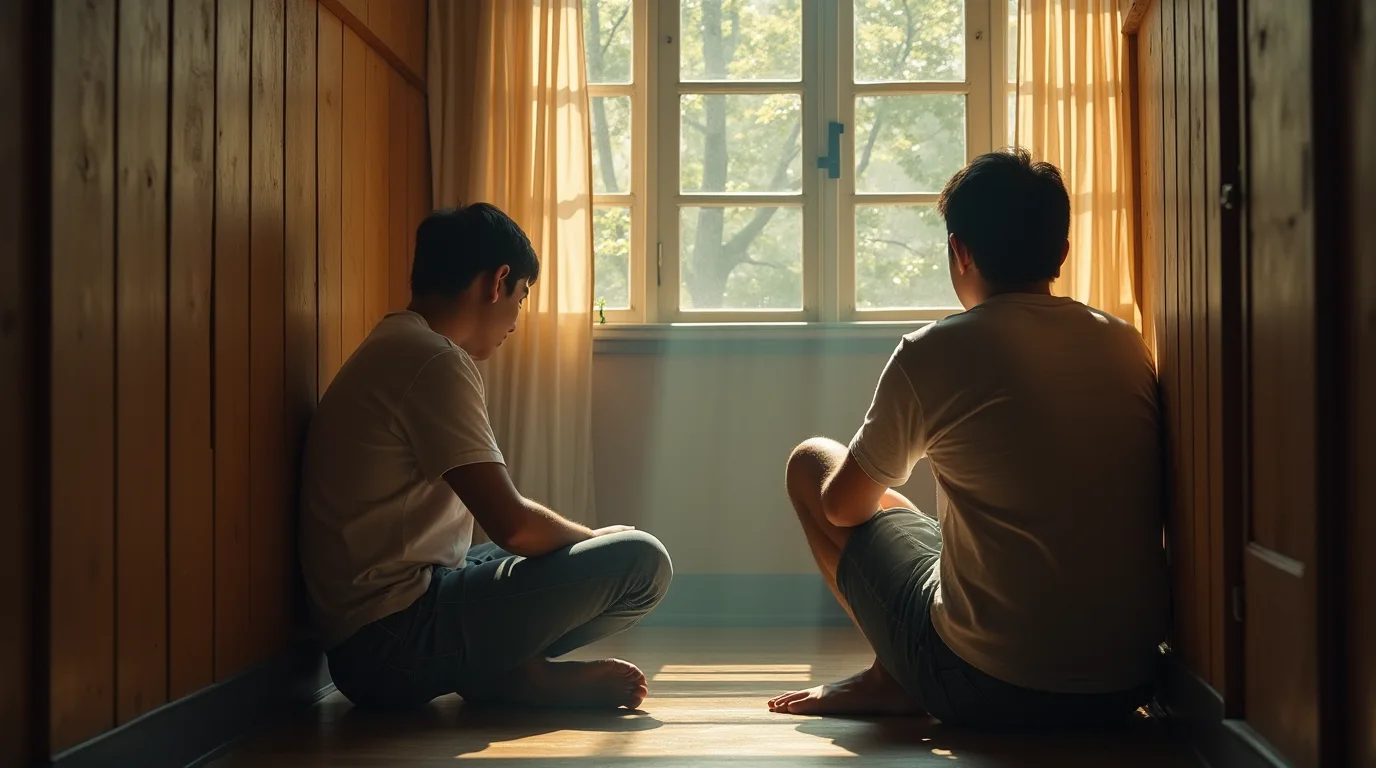Top 10 False Drug Trafficking Defense Tips from the Expert

Drug trafficking means moving illegal drugs for profit. However, innocent people get wrongly accused constantly. Police raid the wrong houses. Informants lie for money. Evidence gets planted sometimes.
But being near drugs doesn’t make you guilty. Prosecutors still file charges anyway. They want conviction numbers. Your life becomes collateral damage.
Know how to defend yourself with these expert tips.
1. Stay Silent During Police Contact
Never talk to the cops without your lawyer present. Innocent explanations can sound guilty in court. Call a drug trafficking attorney immediately after arrest.
Police lie about having evidence. They claim witnesses identified you. Don’t believe their tricks. Your silence protects you. Let your attorney handle all police communication.
2. Challenge Illegal Searches
Most narcotics cases show illegal searches cause wrongful arrests. Cops need warrants or probable cause. They often search without proper authority. Illegal evidence gets thrown out.
Your lawyers know constitutional rights. They spot illegal searches quickly. Bad searches usually mean dismissed cases. Police hate losing evidence this way.
3. Question Evidence Handling
Evidence must follow strict custody rules. Cops often mess up paperwork. Missing signatures invalidate evidence. Broken seals create reasonable doubt. Drug trafficking lawyers examine every document.
Lab technicians make mistakes, too. They mix up samples. They contaminate evidence. Independent testing reveals these errors. Prosecutors struggle without solid evidence.
4. Expose Entrapment Tactics
Undercover cops sometimes go too far. They pressure innocent people into committing crimes. Real entrapment means complete dismissal. Your attorney investigates all police contact.
Dismissing a charge often involves proving entrapment. Cops can’t create crimes. They can only catch existing criminals. Aggressive police tactics backfire in court.
5. Challenge Lab Results
Prosecutors must prove substances are actually drugs. Field tests give false positives. Lab equipment breaks down. Technicians skip procedures. The drug trafficking penalty depends on accurate testing.
Your drug charge defense attorney demands proper testing. They hire independent experts. False results happen constantly. Juries don’t trust sloppy lab work.
6. Attack Witness Credibility
Criminal defense lawyers know informants lie regularly. These people face their own charges. They’ll say anything for deals. Money motivates false testimony. Your attorney exposes these motives.
Cross-examination reveals lies quickly. Witnesses contradict themselves. Their criminal records show dishonesty. Juries hate unreliable witnesses. Cases fall apart without credible testimony.
7. Prove Innocent Presence
How many years do you get for drug trafficking depends on proving intent. Being present isn’t enough. Prosecutors need proof you knew about drugs. They must show you planned to sell them.
Maybe you visited a friend. Perhaps you borrowed someone’s car. Innocent explanations defeat trafficking charges. Your lawyer builds these defenses carefully.
8. Investigate Police Misconduct
Some cops plant evidence regularly. They falsify reports. Body cameras sometimes malfunction conveniently. Your attorney investigates officer backgrounds. Previous misconduct matters.
Internal affairs records reveal patterns. Judges take misconduct seriously. Bad cops lose credibility. Their cases get dismissed. Justice demands honest police work.
9. Negotiate Smart Deals
Even strong drug trafficking arrests need backup plans. Prosecutors sometimes offer reasonable deals. Your attorney evaluates all options. Treatment programs beat prison time. Reduced charges protect your record.
Research shows that most cases settle through negotiation. Smart lawyers know when to deal. They also know when to fight back hard. Years of courtroom experience teach you these things.
10. Prepare for Trial
Your felony attorney better be trial-ready. Good trials take months of prep work. Expert witnesses aren’t cheap. Practice runs show where you’re weak.
Doubt beats conviction every time, so question everything they bring up and hammer lying witnesses hard. Juries spot a lazy drug trafficking lawyer from miles away. Shortcuts lose your freedom.
Fight Back Against False Drug Trafficking Charges
These false accusations destroy families. Your job disappears overnight. Housing becomes impossible. Children suffer the most. Your reputation gets destroyed in the community where you’ve lived your entire life. These charges follow you forever.
The stigma of these allegations haunts you for years. Employers won’t hire you. Landlords reject your applications. Friends start avoiding you. Even after proving your innocence, people still whisper about drug trafficking.
Britt Criminal Defense fights these cases daily. We know prosecutors’ tricks. We expose police mistakes. Contact us here or call 443-944-5705 today to schedule your complimentary consultation. Your future depends on expert legal help.













